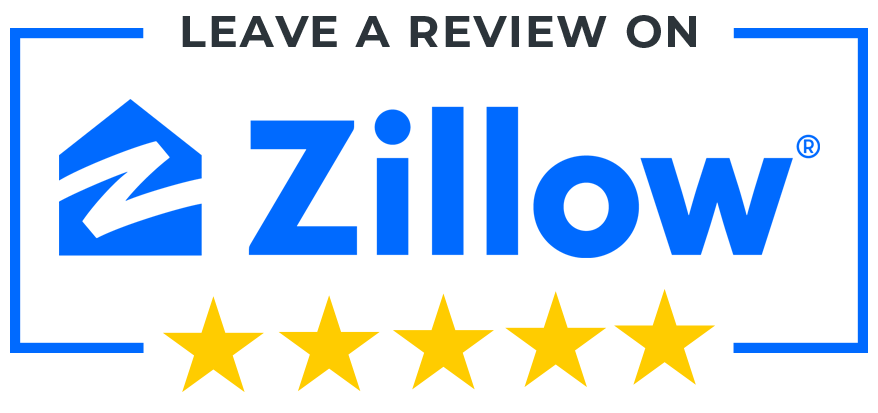A Look Into The Markets: December 2023
"You only live once, but if you do it right, once is enough." - Mae West
As a homeowner, you're responsible for a variety of expenses, including homeowners insurance. You can save money on this insurance with a few simple steps. In this issue, we'll cover these tips, as well as the following:
What to Watch - The Federal Reserve has signaled that it may have contained inflation by hiking rates. The last hike in July to the Fed Funds Rate, which brought it to 5.5%, could be the high point of the cycle.
How To Save on Homeowners Insurance - Discover various ways you can lower the cost of your homeowners insurance to save money.
4 Home Improvement Projects for Winter - Get some ideas for home improvement projects you can do in the colder months.
Q&A: How Do You Know How Much Home You Can Afford? - When determining your budget for a new home, there are many factors to consider, such as your debt-to-income ratio and ongoing expenses.
Please feel free to forward this newsletter to friends, family or co-workers who may find it helpful.
How To Save on Homeowners Insurance
Bundle your policies. Many insurers will offer discounts if you purchase multiple policies from them. For example, you may bundle your auto and homeowners insurance policies to receive a discount. Ask your insurance company about the bundling options.
Ask for a discount review. If you've made changes to your home recently, ask your insurance company for a discount review. For example, you might get a discount if you've installed a new home security system. Renovations you make to your home, such as new plumbing or wiring, may also qualify you for a lower insurance rate.
Research discount options. You may qualify for a discount on your premiums without even realizing it. Research different discount options you may have. Many insurers offer lower rates to loyal customers, military members, retirees, and even certain types of professionals.
Compare quotes from different companies. If you believe you're paying too much for homeowners insurance, get quotes from a few different companies. Compare these quotes to see if you could save money by switching to a different provider. It's a good idea to review your homeowners insurance and compare quotes every couple of years or so.
4 Home Improvement Projects for Winter
Replace hardware. Take advantage of the extra indoor time by replacing hardware on your kitchen cabinets and bathroom vanities. You can even swap out a sink faucet to make a statement. These small changes can have a big impact in a room.
Remodel the laundry room. Winter is a great time to give some attention to neglected spaces, such as the laundry room. Make your laundry space feel more inviting with a fresh coat of paint or peel-and-stick wallpaper. Add functional items, such as shelves and bins, to make the room work better for you.
Paint the walls. If there's a room in your home that's desperately in need of a paint job, tackle this task in the winter. The cooler air allows paint to dry more quickly than in the summer. Use low-volatile organic compounds paint so you don't have to open the windows on a cold day.
Upgrade the lighting. Winter brings shorter days and more darkness, making it essential to have the right lighting in your home. Make your home bright by swapping out dull or old bulbs for new ones. You can also upgrade your lighting with apps or dimmers so you can control the amount of light in a room.
How Do You Know How Much Home You Can Afford?
QUESTION: How do I set my budget for a house?
Sources: Myhome.freddiemac.com, Nerdwallet.com, Investopedia.com
Registered Mortgage Broker - NYS Department of Financial Services - All mortgage loans arranged with third party providers. | Licensed by the NJ Department of Banking and Insurance | Licensed by the FL Department of Financial Services, Licensed by Connecticut Department of Banking | All Loans Arranged through third Party Providers | NMLS Consumer Access: http://www.nmlsconsumeraccess.org) NMLS 876527
© Tabrasa, LLC. All rights reserved.


